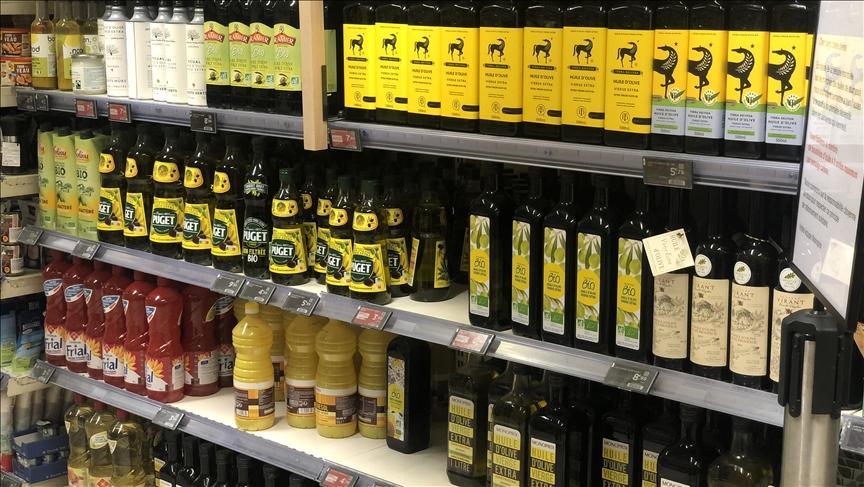Africa-Press – Kenya. Commodity markets were mixed last week as uncertainties over US President Donald Trump’s tariffs are on the rise.
Trump instructed his economic team to prepare a plan to tariff the countries that tariff US imports in a recent executive order, saying that they will ensure fairness in trade and that value-added tax (VAT) will also be considered a tariff.
Howard Lutnick, secretary of commerce nominee, said each country will be examined individually and the plan will be completed by April 1.
Meanwhile, Fed Chairman Jerome Powell said last week that the bank is close to the inflation target but it is still not there yet.
Precious metals
Ongoing geopolitical uncertainties and Trump’s new tariffs pushed gold to a new record of $2,942.74 per ounce last week, up 0.9%.
Toronto miner Barrick Gold announced it will continue operations in Mali if the government allows gold shipments again.
Silver rose 1%, palladium 0.9%, and platinum 0.1% per ounce last week.
Base metals
At the same time, base metals declined except for copper due to tariff concerns despite Beijing’s assurances.
The People’s Bank of China said it intends to change its monetary policy at the appropriate time to support the economy, as it is facing external challenges, like Trump’s tariffs. The bank also stated that it is committed to maintaining sufficient liquidity, promoting a reasonable recovery in prices, and keeping the Chinese yuan exchange rate stable at a balanced level.
Many countries’ officials made statements requesting exemption from the US’ general tariffs.
Australian Trade Minister Don Farrell said Australia increased its aluminum supplies to the US with the US’ approval, overcoming one of the roadblocks ahead of Canberra’s request for exemption, while Japanese Industry Minister Yoji Muto said Japan asked the US for exemption from steel and aluminum tariffs.
Following these developments, copper rose 1.1%, while aluminum fell 1%, nickel 0.4%, zinc 0.1%, and lead 0.8% per pound last week.
Energy
Meanwhile, oil production in Russia remained below the OPEC+ quota and a possible peace deal between Russia and Ukraine, which could result in the lifting of sanctions on Moscow, limited the 3.7% rise in Brent crude oil.
India and the US agreed to resolve their trade disputes and negotiate on an early trade deal, following Trump’s meeting with Indian Premier Narendra Modi. New Delhi pledged to buy more oil, gas, and military equipment from the US and to cooperate in fighting against undocumented immigration.
Natural gas soared 12.6% after a report by the Gas Infrastructure Europe showed that the EU’s gas storage facilities currently hold less than half of their full capacity due to cold weather and reduced supplies from Russia.
Ukrainian oil and gas firm Naftogaz and Energy Minister German Galushchenko announced that natural gas production facilities were damaged amid the Russian attack on the Poltava region, contributing to the rise of natural gas prices.
Agricultural commodities
Wheat rose 5.5% last week following the US Department of Agriculture’s World Agricultural Supply and Demand Estimates report.
The report showed that China’s wheat imports are expected to fall by 2.5 million tons to 8 million tons — China imported 13.6 million tons of wheat last year, revealing a decline in demand.
Corn climbed 4.4% last week due to adverse weather conditions in Argentina and Brazil, while soybean increased 0.4% due to hot and dry weather in Argentina and Paraguay, and Brazil’s record high of 169 million tons of production estimate was maintained, the report said.
Vietnam announced that it is ready to import more agricultural products from the US after Trump’s retaliatory tariffs. Vietnam had a trade surplus of $123.5 billion with the US last year.
Rice fell 2.8% per bushel last week.
Meanwhile, coffee increased by 1.6% due to a tightening in the global coffee supply.
Sugar declined 2.8% after Thailand’s sugar production rose last week.
At the same time, cotton fell 1.1% and the ton price of cocoa rose 2.1%.
For More News And Analysis About Kenya Follow Africa-Press






